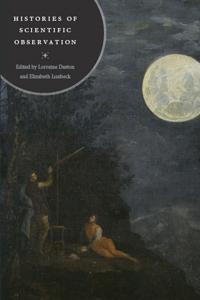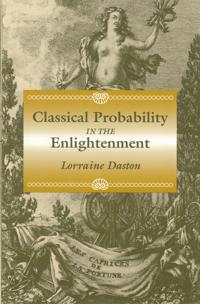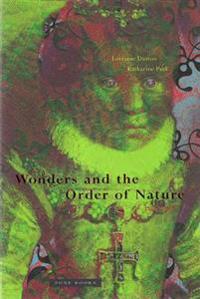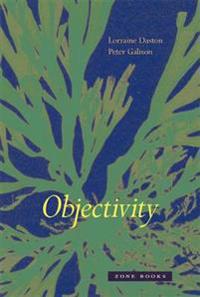Histories of Scientific Observation (Pocket)
avLorraine Daston, Elizabeth Lunbeck, Lorraine Daston
ISBN: 9780226136783 - UTGIVEN: 201102Observation is the most pervasive and fundamental practice of all the modern sciences, both natural and human. Its instruments include not only the naked senses but also tools such as the telescope and microscope, the questionnaire, the photographic plate, the notebook, the glassed-in beehive, and m[...]
Classical Probability in the Enlightenment (Pocket)
avLorraine Daston
ISBN: 9780691006444 - UTGIVEN: 1995-10What did it mean to be resonable in the Age of Reason? Classical probabilists from Jakob Bernouli through Pierre Simon Laplace intended their theory as an answer to this question--as "nothing more at bottom than good sense reduced to a calculus," in Laplace's words. In terms that can be easily grasp[...]
Wonders and the Order of Nature, 1150-1750 (Häftad)
avLorraine J. Daston, Katharine Park
ISBN: 9780942299915 - UTGIVEN: 200110Winner of the History of Science Society's Pfizer Prize"This book is about setting the limits of the natural and the limits of the known, wonders and wonder, from the High Middle Ages through the Enlightenment. A history of wonders as objects of natural inquiry is simultaneously an intellectual hist[...]
Objectivity (Häftad)
avLorraine J. Daston, Peter Galison
ISBN: 9781890951795 - UTGIVEN: 201012Objectivity has a history, and it is full of surprises. In Objectivity, Lorraine Daston and Peter Galison chart the emergence of objectivity in the mid-nineteenth-century sciences--and show how the concept differs from its alternatives, truth-to-nature and trained judgment. This is a story of lofty [...]






